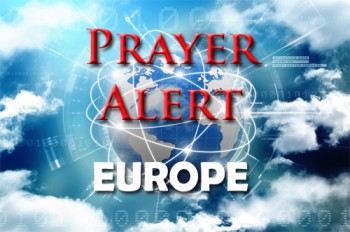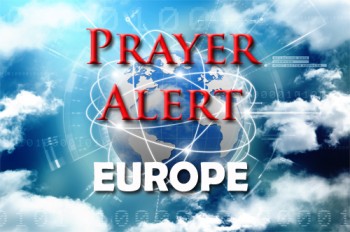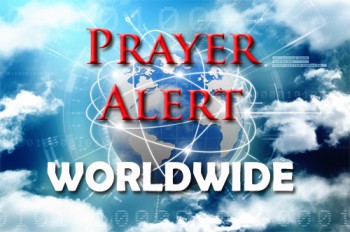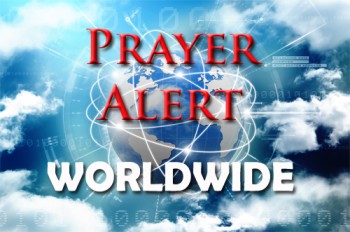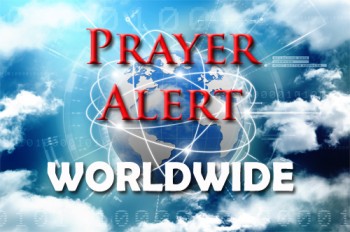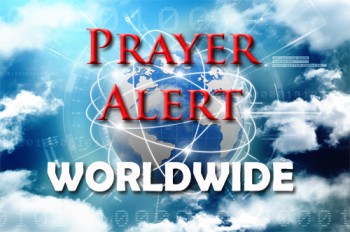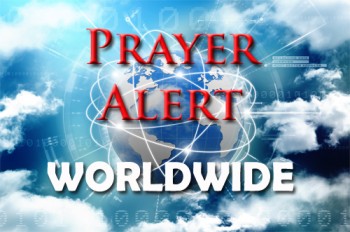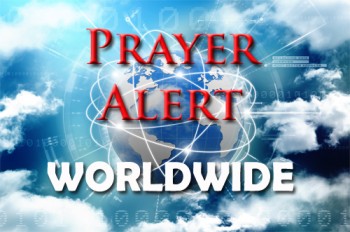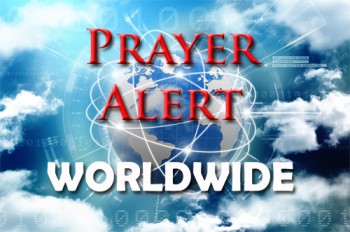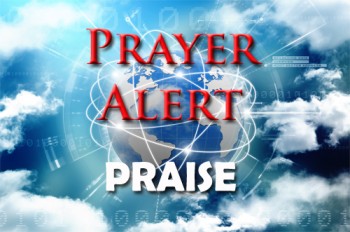France, Germany, Spain - coronavirus second wave
President Emmanuel Macron has announced a night-time curfew in Paris and eight other cities to try to curb the rapid spread of coronavirus. It affects 22 million people and will be applied for four weeks, possibly extending to six weeks. Germany announced that bars and restaurants in higher-risk areas must close by 23:00 as the country recorded the highest daily infection figure since the start of the pandemic (6,638 in 24 hours). Private gatherings are limited to ten people from two households. Meanwhile, as Spaniards prepared to travel for a long weekend national holiday, Madrid residents were told to stay home as another state of emergency to curb rising coronavirus cases was implemented. Madrid’s leader wants a partial lockdown to avoid deeper damage to businesses: see Pray for the businesses facing bankruptcies, for the millions now unemployed, and for the governments running out of resources for furloughed workers.
Belgium: Brexit fish fight fallout
Fish are one of the main issues at the centre of Brexit negotiations. Three times a week, at 6 am, vessels return to Ostend loaded with fish for the auction. Three-quarters of the fish sold here were caught in British waters, which contain more fish than those of the North Sea. Many Belgian fishermen hope that after Brexit they’ll keep on having a good catch. Bruno Decordiar spends 60% of his time fishing solely in British waters. He’s worried that Brexit could harm his activity. ‘We are often at English ports and when we speak with British fishermen they tell us that we take all their fish,’ he said. ‘If they close the waters I'm sure we'll lose half of our income.’ Most fish landed by British fishermen are sold to the EU. A no-deal Brexit ‘fish fight’ increases competition between Europeans. If there is no fishing agreement, there will be no global trade agreement.
Climate change: better warning systems needed for extreme weather
On 13 October, the International Day for Disaster Risk Reduction, the UN released a report saying the world needs rapidly to raise investment for early warning systems for extreme weather events. Over the past 50 years, recorded disasters have increased five-fold and could increase by 50% over the next decade; one in three people on Earth are not adequately covered by warning systems. The researchers are calling for a change in emphasis, from simply forecasting what the weather will be to showing the impact of that weather system. Pray for good-quality warning systems in the least developed countries and in small island states. The advent of coronavirus has made building early warning systems more difficult. Pray for governments to add climate change threat to pandemic threat as they strategise to save lives and livelihoods, and to focus investment on turning early warning information into early action. See
Philippines: gospel in the midst of obstacles
Local missionaries are finding ways to expand God’s kingdom on Mindanao island by holding Bible studies and church services in areas so remote it requires three hours through rough terrain to reach by motorcycle, and five hours during the rainy season. Although the island is untouched by coronavirus it is a nest for communist rebels, the New People’s Army, and the Islamic extremist Abu Sayyaf Group. Terrorism is rampant. The armed wing of the Communist Party has waged a protracted guerrilla war against the government since 1969. The government, USA, and EU have designated it as a terrorist organisation. Where the pandemic has reached and lockdowns are in effect, missionaries are using Zoom, Facebook messaging and other internet means for regular fellowship, prayer meetings and Bible studies. Filipinos sharing the Good News of Jesus need our prayers as they face Islam and Communism.

